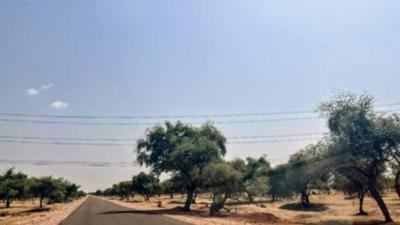Elevating water rights to human rights: Has it strengthened marginalized peoples´ claim for water?
Water is essential to all aspects of human life. It is vital for public health, an essential component of national and local economies and a main a source of employment. Yet, water scarcity remains a huge and increasing problem in many countries. Demands for water from big industries (often central to government’s development strategies) compete with the water needs of a growing population – and with climate change – exacerbating the problem. Globally, 750 million people do not have access to clean water and 2.5 billion lack adequate sanitation causing millions of deaths every year.
In 2010, the United Nations General Assembly’s issued a landmark resolution declaring water as an independent human right under international law, thereby creating an internationally binding mechanism to pursue the right to water. This is seen as a tool to improve access to water for the poor and marginalized.
The project “Elevating water rights to human rights: Has it strengthened marginalized peoples´ claim for water?” aims to provide evidence for the effects of elevating water to an independent human right. More precisely, it aims to determine whether states have become more accountable to their populations in providing access to clean water. Building on prior and ongoing research, this interdisciplinary project will conduct five carefully selected case studies from three regions (Brazil, Costa Rica, India, Peru and South Africa).
The project is a collaboration with LawTransform Fellows at a number of institutions: Bruce Wilson (PI), Lara Côrtes, Camila Gianella and Malcolm Langford from the CMI, Tore Sætersdal and Siri Gloppen from the University of Bergen, Daniel Brinks from the University of Texas at Austin, Jackie Dugard from the University of Witwatersrand School of Law in Johannesburg, Namita Wahi from the Centre for Policy Research in Delhi and researchers from the Research Center at the University of the Pacific in Peru.





